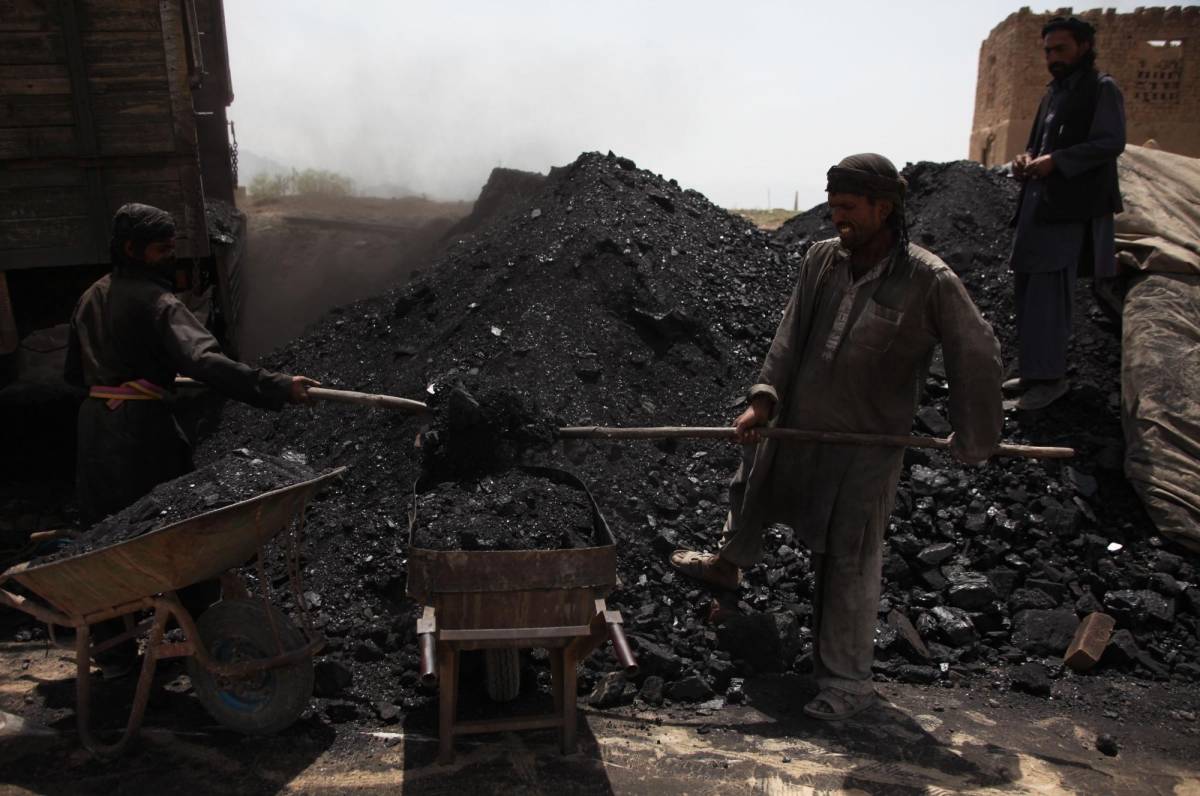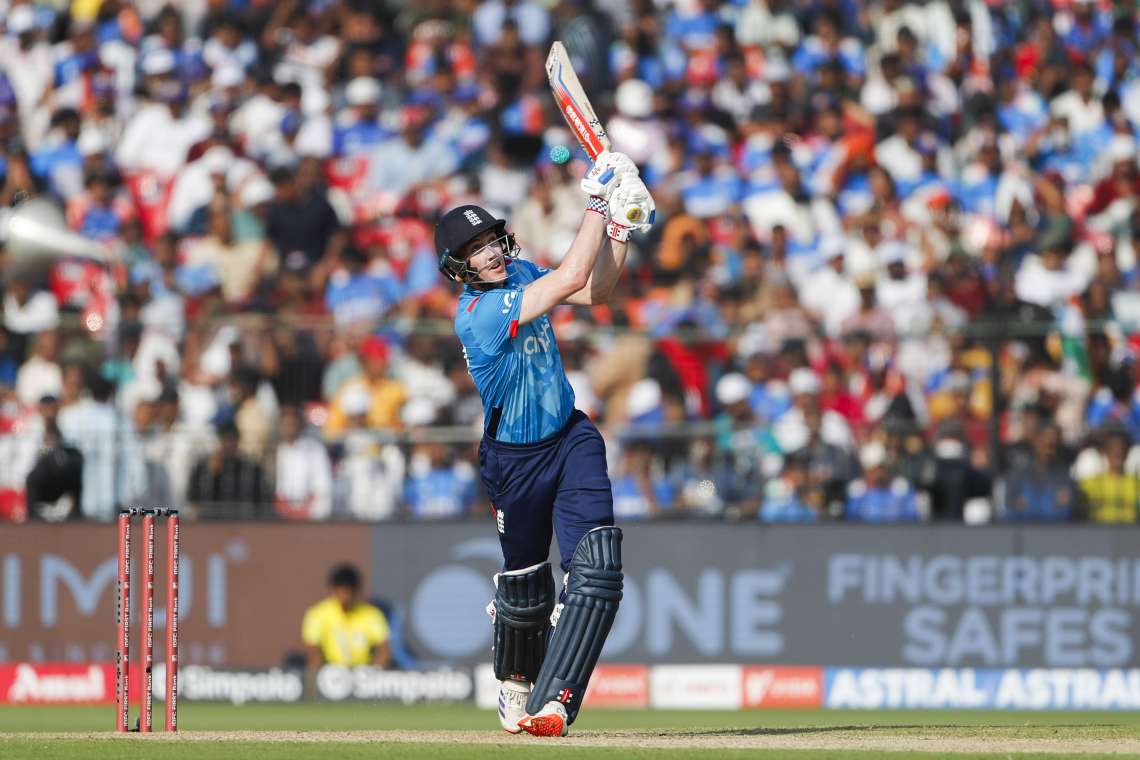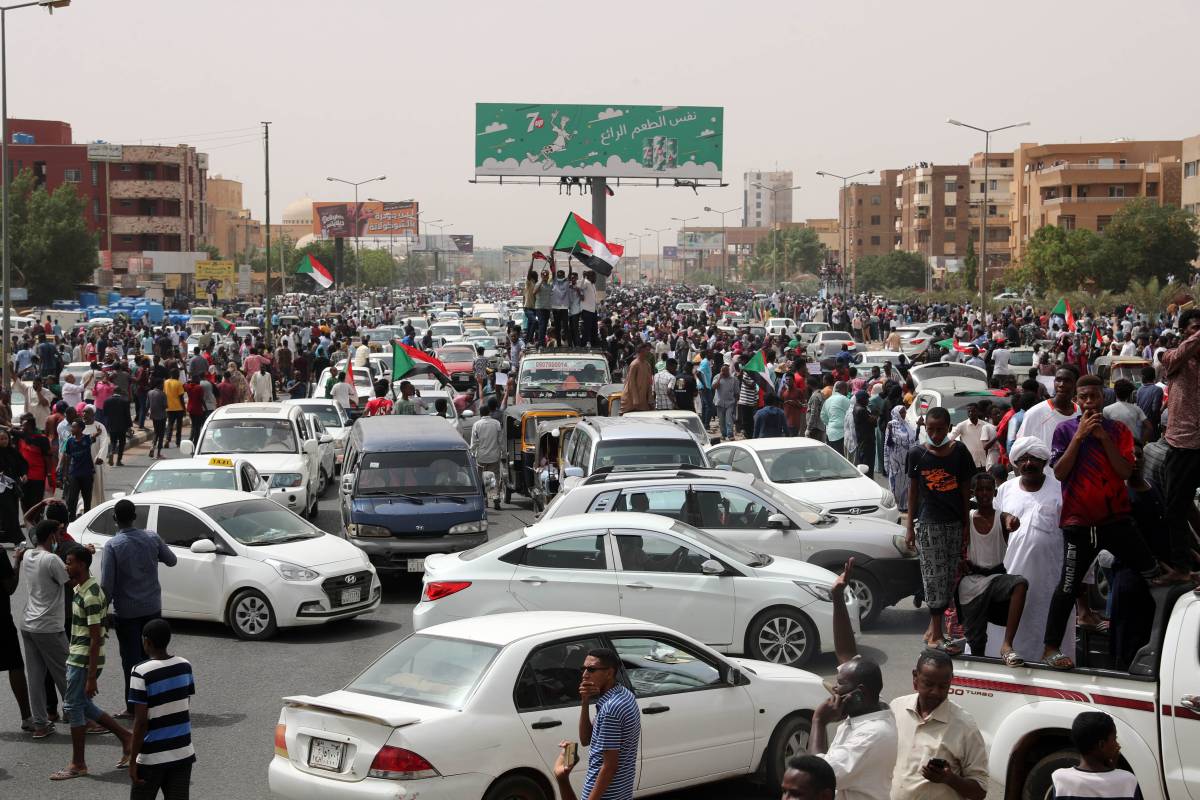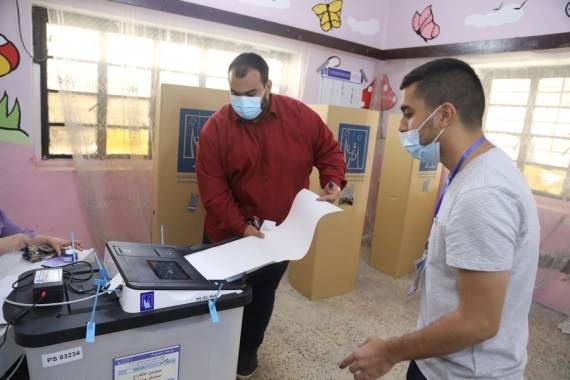Prime Minister Narendra Modi, who is expected to be in Glasgow for the United Nations climate change conference for two days, is likely to launch IRIS…reports Asian Lite News.
Britain, along with Australia, India and small island developing states (SIDS) will be launching a new grouping of Infrastructure for Resilient Island States (IRIS) on the sidelines of the upcoming Conference of Parties (COP26).
The platform is aimed at creating a coalition for putting in place infrastructure that can withstand natural disasters and lessen economic losses in island nations.

Australia, India and the UK have committed an initial funding of $10 million for IRIS. “More countries, including Japan, are expected to contribute to the initiative. IRIS is currently at the inception stage and resources will be aligned to the requirement of projects,” said Kamal Kishore, member, National Disaster Management Authority (NDMA).
Prime Minister Narendra Modi, who is expected to be in Glasgow for the United Nations climate change conference for two days, is likely to launch IRIS. “We have to put the concerns of the most vulnerable nations and communities first. The Small Island Developing Nations experiencing the impacts of worsening disasters must have easy access to all the technology, knowledge and assistance that they consider necessary,” Modi had said at an event in New Delhi.
For SIDS, losses from disaster, including infrastructure, is the highest as a percentage of gross domestic product (GDP). “These countries need critical infrastructure to be connected to each other to have access to the market. The idea is to support the planning process, build capacity as well as infrastructure in an inclusive way that meets the needs of user groups,” said Kishore. “We are receiving requests to support country-level work in Fiji and Mauritius,” he added.
SIDS, comprising 58 countries in the Caribbean, Pacific, Atlantic, Indian Ocean, Mediterranean and South China Sea regions, are among the most vulnerable to geophysical and hydro-meteorological hazards. The impact of climate change in the form of tsunamis, cyclones, earthquakes and heavy rains are more frequent and intense in many of these countries. Susceptibility to very high relative economic losses due to disasters averages 1-10 per cent of GDP annually.

SIDS accounts for two-thirds of the countries that suffer the highest relative losses due to disasters. According to the Asian Development Bank and Inter-American Development Bank, infrastructure investment deficit in the Pacific and the Caribbean SIDS is $42 billion and $46 billion, respectively, over a period of 2015-2040.
Kishore, also the Indian co-chair, executive committee, Coalition for Disaster Resilient Infrastructure, said 78 rounds of consultations were held among SIDS with focus on peer-to-peer learning. These include one on building codes more resistant to natural disasters and making available technical and institutional capacities.
ALSO READ-Australia, UK defend AUKUS pact, say fears overhyped
READ MORE-India, Japan, Australia and US to hold 2nd phase of Malabar exercise














